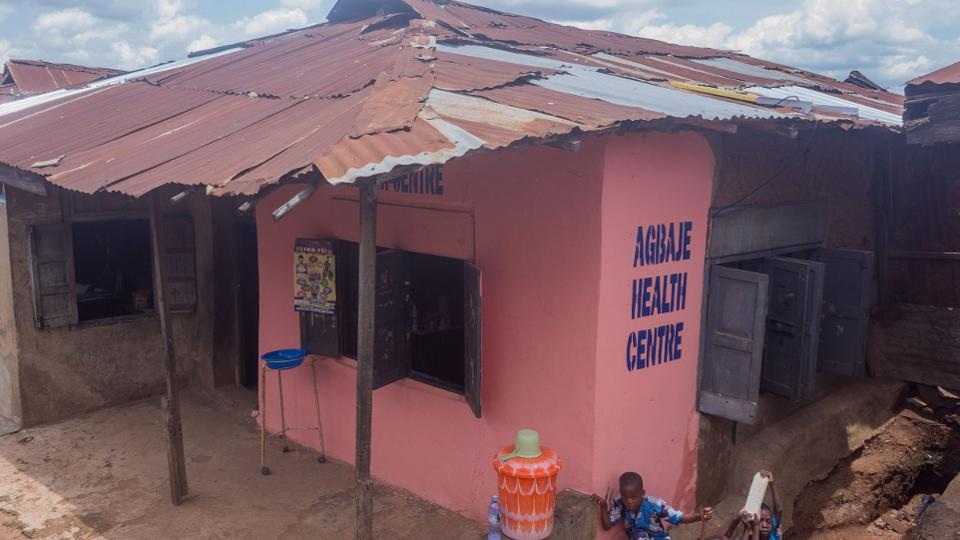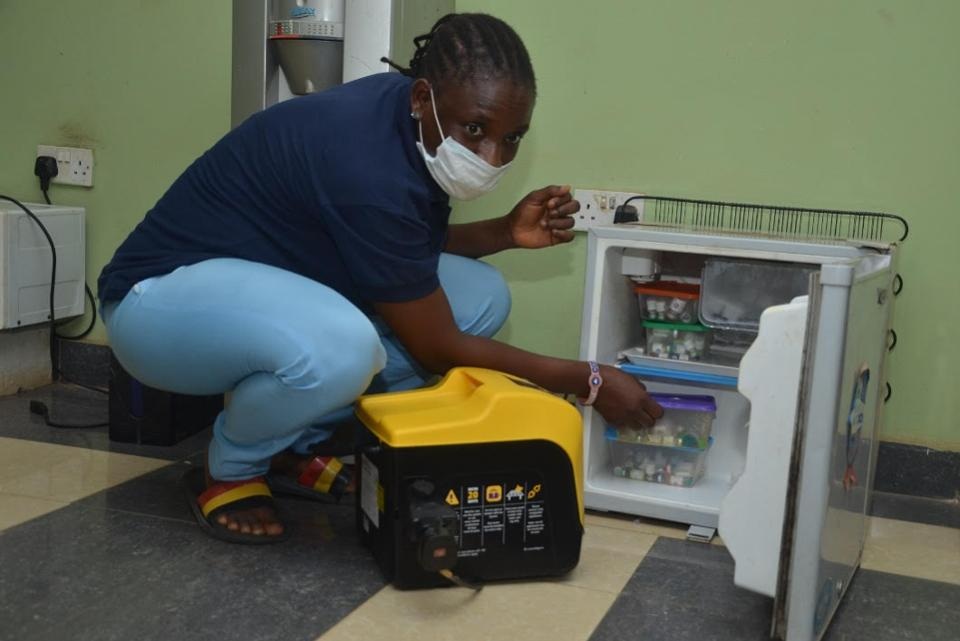Solar companies in Nigeria are pitching in to provide electricity to the front-line healthcare facilities fighting COVID-19.
In rural areas all of over the world, two things can be really scarce: reliable electricity and adequate healthcare.
Lumos Nigeria is one of four renewable energy companies that have been selected to receive a share of the $500,000 Solar Relief Fund from Shell-backed off-grid energy impact investing company All On, according to a report by Forbes.
Adepeju Adebajo, the CEO of Lumos Nigeria said the company’s off-grid solar units are being provided to rural and low-income-area healthcare facilities at no cost to the end consumer.
“Covid-19 is an unprecedented crisis, putting millions of lives at risk but reliable, affordable and clean electricity is vital to running life-saving equipment in hospitals and training essential workers,” she said.
“Lumos has the products and the trained staff on the ground to install solar systems, which will allow key workers to test and treat patients with the virus and save lives.”
Testing, in particular, is impacted by a lack of electricity.
“One of the pieces of feedback from the labs was that when they are running tests, if the electricity goes out, then they have to start all over again,” she said, “Our solar systems can also power laptops, lights, vaccine fridges, fans, light-bulbs, and testing equipment.”
Adebajo says less than a third of Nigerian households have reliable access to electricity.

Less than 10 years ago, it was estimated that over 90% of businesses and 30% of homes had diesel-powered generators, translating into 15 million generators across Africa’s most populous nation.
Diesel exhaust from generators also contains more than 40 toxic airborne contaminants.
“We have a huge section of the country that is off-grid or without power,” she said. “They may have a generator but the cost of a generator is expensive, so our system is designed to replace a diesel generator.”
Adebajo said she hopes that by seeing the solar units in action in the health care centres, people in rural areas can see the real benefits of these solutions.
“By seeing them, you understand the importance of clean and noiseless power,” she said, “We can jump past generators: we already have 100,000 early adopters in a country of 190 million.”
Nigeria has been facing multiple health crises at the same time as the COVID-19 pandemic.
Since December 2019, they have seen a massive surge in cases of Lassa fever, a debilitating fever transmitted to humans via contact with food or household items contaminated with rodent urine or faeces.
Hydroxychloroquine, which is used to treat Lupus, is in short supply in Nigeria thanks to now-discredited claims as a COVID-19 treatment.
Utibe Effiong, a MidMichigan Health doctor and a senior fellow of global health and development at the Aspen Institute, says lupus and rheumatoid arthritis patients in Nigeria and across the world are currently losing access to hydroxychloroquine, putting them at risk of disease flares and hospitalization – possibly exposing them to COVID-19.
Despite all these challenges and having a population of over 190 million, Nigeria has managed to keep its reported cases of COVID-19 relatively low– less than 3000 as of the end of the first week of May.
Ifeanyi Nsofor, a senior New Voices fellow at the Aspen Institute and director of policy and advocacy at Nigeria Health Watch said the Nigerian Centre for Disease Control (NCDC) has been investing in epidemic preparedness for the past three years and has helped to set up Public Health Emergency Operations Centers (PHEOCs) in 23 out of the 36 states inside Nigeria.

